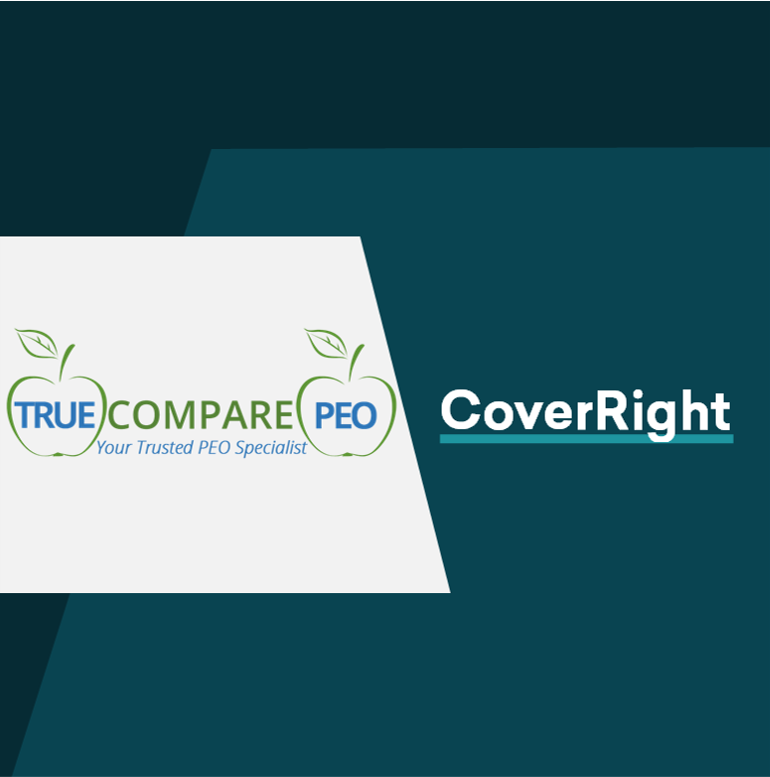Introduction
When selecting Medicare Advantage (also known as ‘Part C’) plans you will likely come across the term’s HMO (Health Maintenance Organization) and PPO (Preferred Provider Organization). If you have received coverage through your employer previously, you’ve probably already have come across these terms before.
HMO and PPO health insurance are the most popular types of Medicare Advantage plans. Others may include: Private Fee-for-service (PFFS); Point of Sale (POS) or Medicare Savings Accounts (MSAs), however, we will focus on HMOs and PPOs in this article.
HMO or PPO insurance
HMO and PPO refer to different ways of receiving your health care services. Both types of plans are delivered by private insurance companies that contract with the government to deliver you Medicare and the same insurance company may often provide both HMO and PPO options in your area.
Both HMO plans & PPO plans are required to provide at least the same coverage as Medicare Part A (Hospital Insurance) and Part B (Medical Insurance) that you would otherwise receive under Original Medicare. These plans usually also include benefits that are not covered by Original Medicare such as prescription drug coverage and extra benefits like dental, vision, and hearing.
HMO (Health Maintenance Organization)
According to the Kaiser Family Foundation, HMO plans make up around 59 percent of all available Medicare Advantage plans. Remember that medicare advantage plans are PPO and HMO plans.
HMO enrollees must generally use doctors and hospitals within a plan’s specific network to receive their covered services. In addition:
- With an HMO, you will have to select a primary care doctor who will coordinate your care.
- If you want to see a specialist for any reason, you will need a referral from your primary care doctor to another specialist that is in-network, which means an extra office visit.
- If the type of specialist is not available in the plan’s network, the plan will arrange for care outside of the network.
- In most other cases, if you receive care outside of the network without prior approval from a plan you will have to pay for it yourself.
- Emergency services received outside of the plan’s network are covered.
The benefit of HMOs is that you will often have lower overall costs compared to a PPO plan. This is because the plan provider is able to closely manage your care as well as the costs of delivering that care by restricting the doctors and service providers you can use.
HMO plans also have a maximum limit on out-of-pocket costs of $7,550 in 2022, although plans may have lower limits.
PPO (Preferred Provider Organization)
In 2021, 37 percent of all Medicare Advantage plans are PPO plans.
PPO enrollees generally have more flexibility in which doctors and providers they can see and generally can get care from any provider in the U.S. who accepts Medicare.
PPOs also have in-network providers (known as preferred providers) as well as have the choice of seeing either in-network or out-of-network providers. However, you will likely pay a higher copayment or coinsurance for seeing doctors outside the plans’ preferred provider list. In addition, unlike HMOs:
- You typically don’t need to choose a primary care provider.
- You generally are not required to get a referral prior to seeing a specialist.
- You do not need a referral to see an out-of-network provider, however, prior to using a non-network provider you are encouraged to check with the plan whether the service is ‘medically necessary’ and will be covered.
PPOs also have a maximum limit on out-of-pocket costs. In 2022, it is $7,550 for in-network costs and $11,300 for out-of-network costs. Although PPO plans may offer more flexibility, your costs (such as the monthly premium) may likely be higher under a PPO.
HMO vs PPO – which one is right for me?
If you prefer to have your care coordinated by a single doctor and do not travel often, an HMO plan might be right for you. If you prefer more flexibility, do not want to get referrals for seeing specialists (or you see a lot of specialists), or travel often a PPO plan might be better suited for you given the flexibility in the network provider.
At CoverRight, we’re here to help you find the right Medicare coverage that you deserve. Reach out today and start finding the best Medicare plan for you.



















